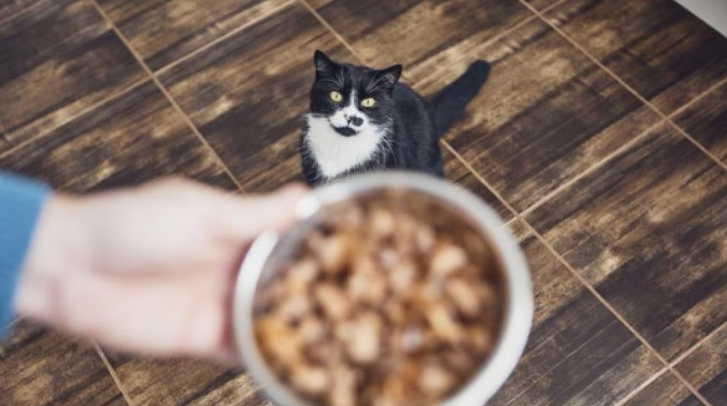The quest for optimal health and well-being in feline nutrition has led many pet owners to explore alternative dietary options for their beloved fur friends. One such avenue gaining popularity is the adoption of grain free cat food. In this guide, you will delve into the nuances of grain-free feline nutrition, exploring options catering to our whiskered companions’ unique dietary needs.
Understanding the Grain-Free Concept
Unlike traditional cat food that may contain grains like wheat, corn, or soy, grainless alternatives focus on a protein-centric approach. This aligns with a pet’s natural diet, which primarily consists of meat. These options aim to minimise unnecessary fillers and offer a diet more attuned to a cat’s predatory nature.
Benefits of Grainless Nourishments
1. Digestive Health:
Grain-free diets are often touted for their potential benefits in promoting better digestive health. Cats, being obligate carnivores, may find it easier to digest protein-rich diets compared to those laden with grains.
2. Allergy Management:
Some fur friends may exhibit allergies or sensitivities to certain grains. Opting for grainless food can be a strategic move in managing such conditions for them, providing relief for cats prone to allergic reactions.
3. Weight Management:
Protein-packed grainless options can assist in weight management. These nutritional plans assist your animal companion in sustaining an optimal weight, playing a vital role in promoting overall health and longevity.
Exploring Grainless Food Options
1. Protein-Rich Formulas:
Grainless cat foods often boast high protein content sourced from quality animal proteins like chicken, fish, or turkey. Look for options where real meat is a primary ingredient, indicating a focus on providing essential nutrients.
2. Limited Ingredient Diets:
For cats with food sensitivities or allergies, exploring limited ingredient grain-free diets can be beneficial. These formulations minimise potential allergens, making it easier to identify and manage specific dietary triggers.
3. Novel Protein Sources:
Diversify your fur friend’s diet with novel protein sources such as duck, venison, or rabbit. These alternative proteins not only cater to a pet’s taste preferences but also contribute to a well-rounded nutritional profile.
Selecting the Right Grain-Free Option
1. Life Stage Considerations:
Pets have distinct nutritional needs at different life stages. Whether you’re caring for an energetic kitten or a lively adult cat, or a senior feline, choose a grain-free formula tailored to meet the specific requirements of your pet’s life stage.
2. Consulting with Your Veterinarian:
Before making substantial alterations to your pet’s diet, it is crucial to seek guidance from your veterinarian. Drawing on their expertise, veterinarians offer valuable insights into your cat’s health, empowering you to make well-informed decisions regarding the most suitable grain-free option crafted to meet your pet’s individual requirements. Your veterinarian’s advice ensures a seamless transition, prioritising your pet’s well-being and nutritional requirements.
Making the Transition to Grainless Diets
Transitioning your pet to a grain-free diet demands a careful approach to prevent potential digestive issues. Gradually introduce the new food, blending it with the existing one over several days until the transition is complete. Keep a close eye on your pet’s reactions to ensure a smooth shift, promoting a positive adjustment to their new, grain-free nutritional regimen.
Conclusion
While exploring feline nutrition, the knowledge of grain free cat food opens up avenues to enhance the well-being and contentment of your feline companions. By understanding the concept, recognising the benefits, and exploring diverse options, pet owners can make informed choices that align with their fur friend’s unique dietary needs. Remember, every pet is different, so finding the right option may involve a bit of trial and error. Ultimately, a well-balanced and nutritious diet contributes not only to their physical well-being but also to their overall vitality and contentment.

Aretha Davis, the wordsmith extraordinaire, weaves enchanting tales with her pen and keyboard. A renowned blogger and writer, her captivating prose transports readers to realms unknown. Join her literary journey and be swept away by the magic of her words.
